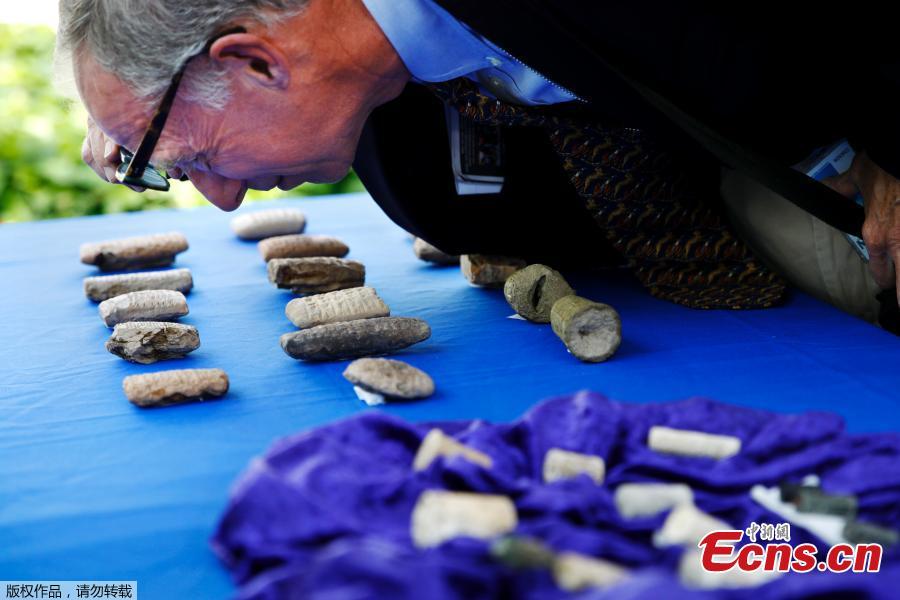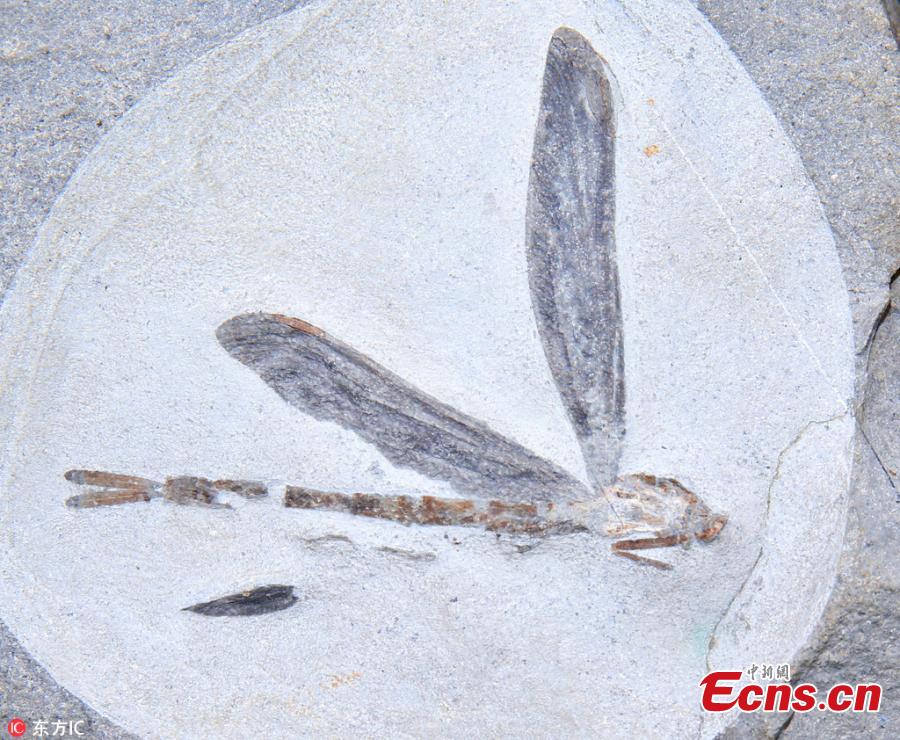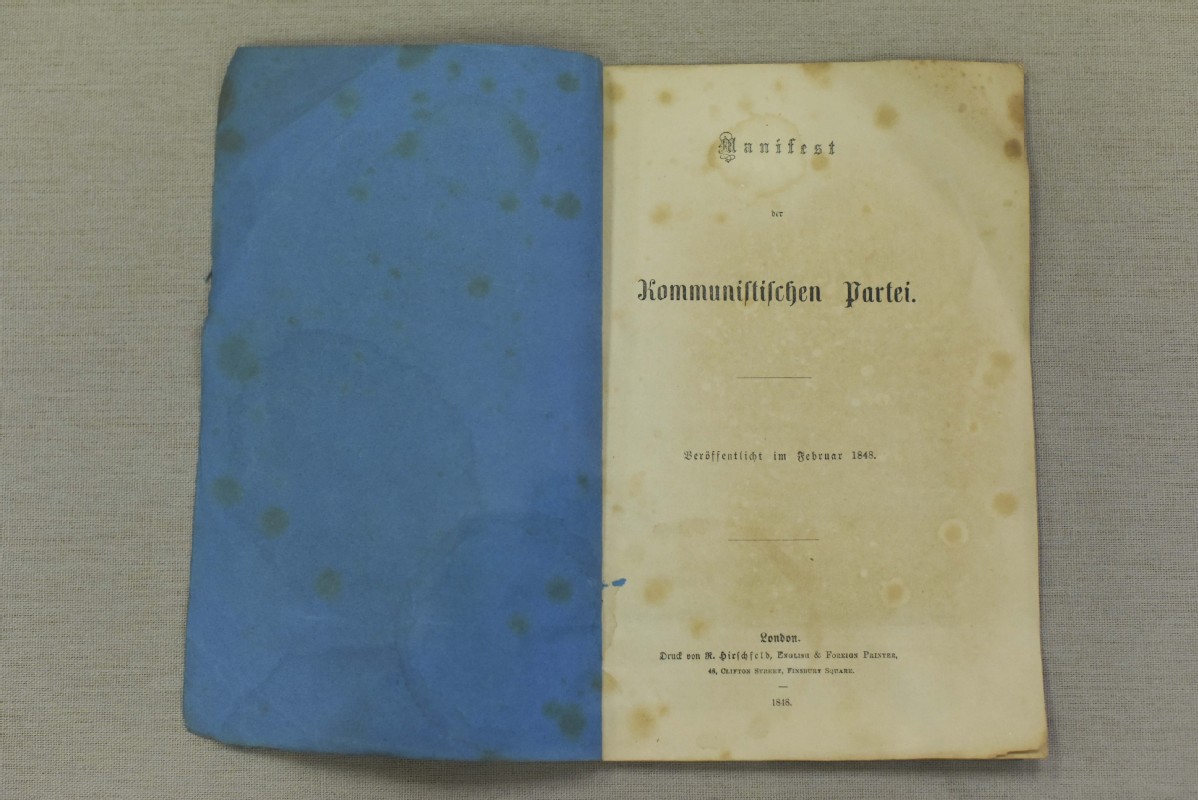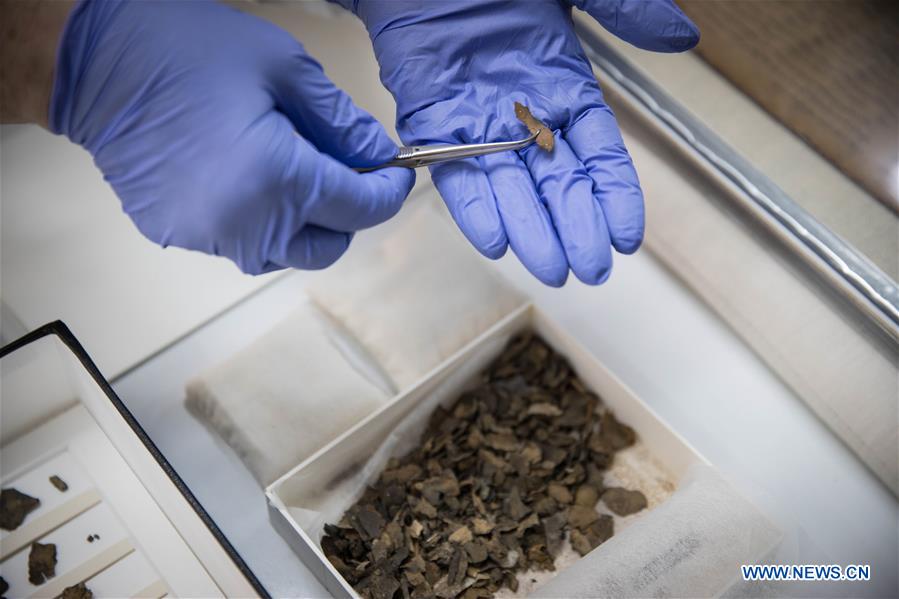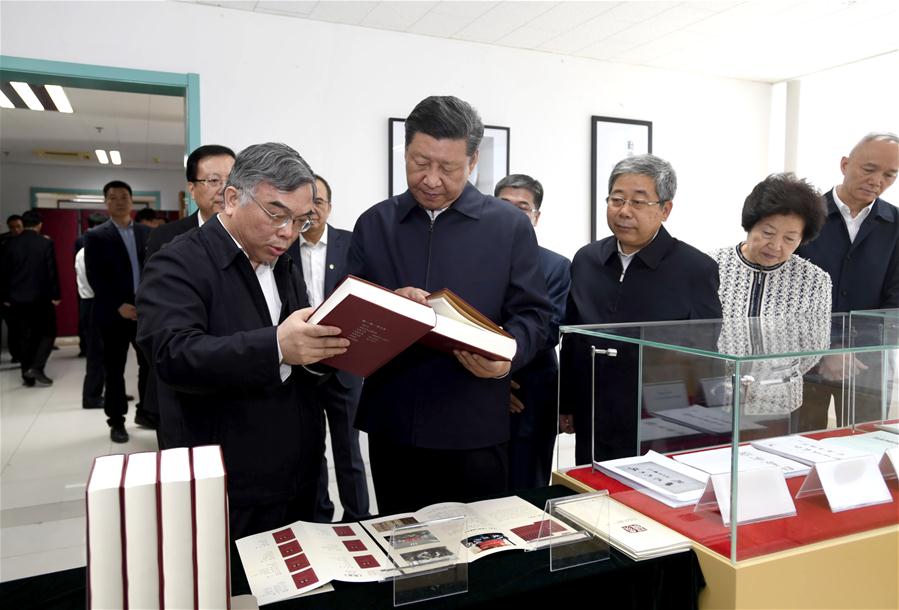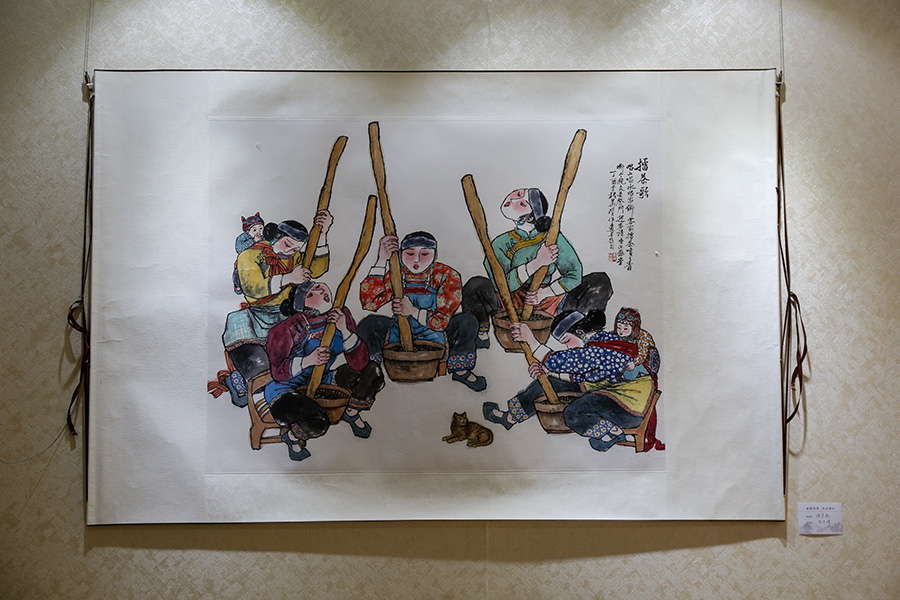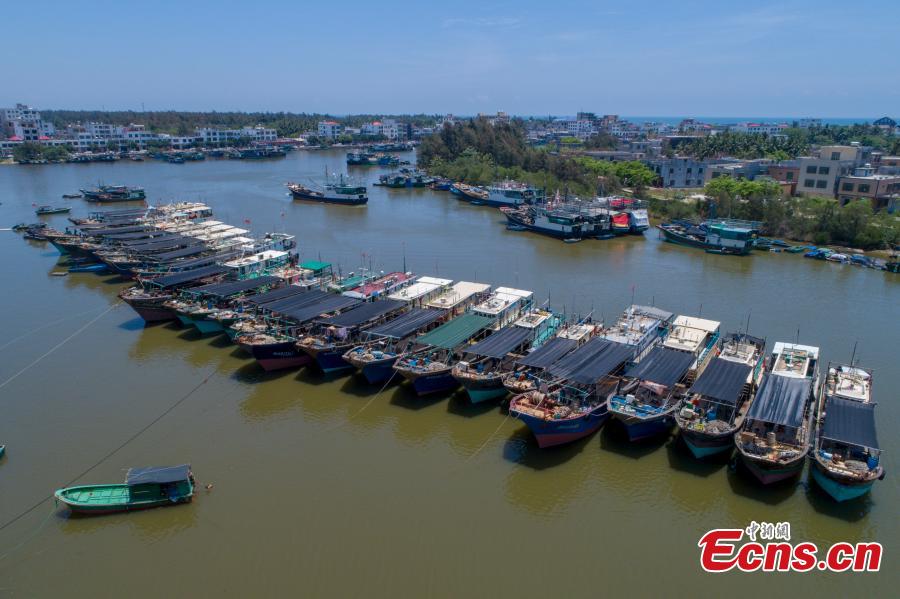The world's biggest oilseed processor confirmed on Wednesday that China has essentially stopped buying U.S. supplies of soybeans amid the brewing China-U.S. trade war.
"Whatever they're buying is non-U.S.," Bunge Ltd Chief Executive Officer Soren Schroder said in an interview with Bloomberg. "They're buying beans in Canada, in Brazil, mostly Brazil, but very deliberately not buying anything from the U.S.," he said. "How long that will last, who knows? But so long as there is this big cloud of uncertainty, that's likely to continue."
Schroder told Reuters that "nobody's willing to take the risk of committing to U.S. soybeans to China in the current context".
Late month, China announced plans to impose tariffs on 106 U.S. goods that have a combined trading value of more than $50 billion annually, including tariffs of 25 percent on soybeans. They are America's top agricultural export to China, worth more than $12 billion.
China's action was in response to the Trump administration's publication of a list of about 1,300 Chinese exports - also worth about $50 billion annually - that it intends to target with 25 percent tariffs.
Schroder told Bloomberg that his company still has been able to meet Chinese demand for soybeans by filling shipments with supplies from outside the US. The White Plains, New York-based company has a large presence in South America.
"I would rather say that we would prefer that free trade and no disruptions take place because it's not good for anyone," he said. "We are, by virtue of our footprint, in a very good position to deal with" the situation, he said.
Other agricultural products caught up in the dispute include corn, pork and the feed grain sorghum.
On Tuesday, Chicago-based Archer Daniels Midland Co (ADM), a major U.S. agriculture commodities trader, said that the China-U.S. trade dispute over sorghum will cause a $30 million hit to its trading profit in the second quarter.
The announcement by ADM was the first confirmed financial effect among global grain-trading companies from Beijing's move on April 17 to require hefty anti-dumping deposits on U.S. sorghum imports, according to Reuters.
ADM is one of the largest sorghum exporters to China. Other global commodities traders may report that they were negatively affected by the trade dispute later in the earnings season, analysts said. The company reported a stronger-than-expected first-quarter profit on Tuesday on record soybean-processing and higher margins.
More than 20 bulk U.S. sorghum shipments were on their way to China when the announcement was made, including more than a dozen that were loaded at ADM export terminals in Texas. Several of the cargoes were resold to new buyers.
ADM on Tuesday still reported a 16 percent increase in quarterly profit led by record volumes in soybean processing.









